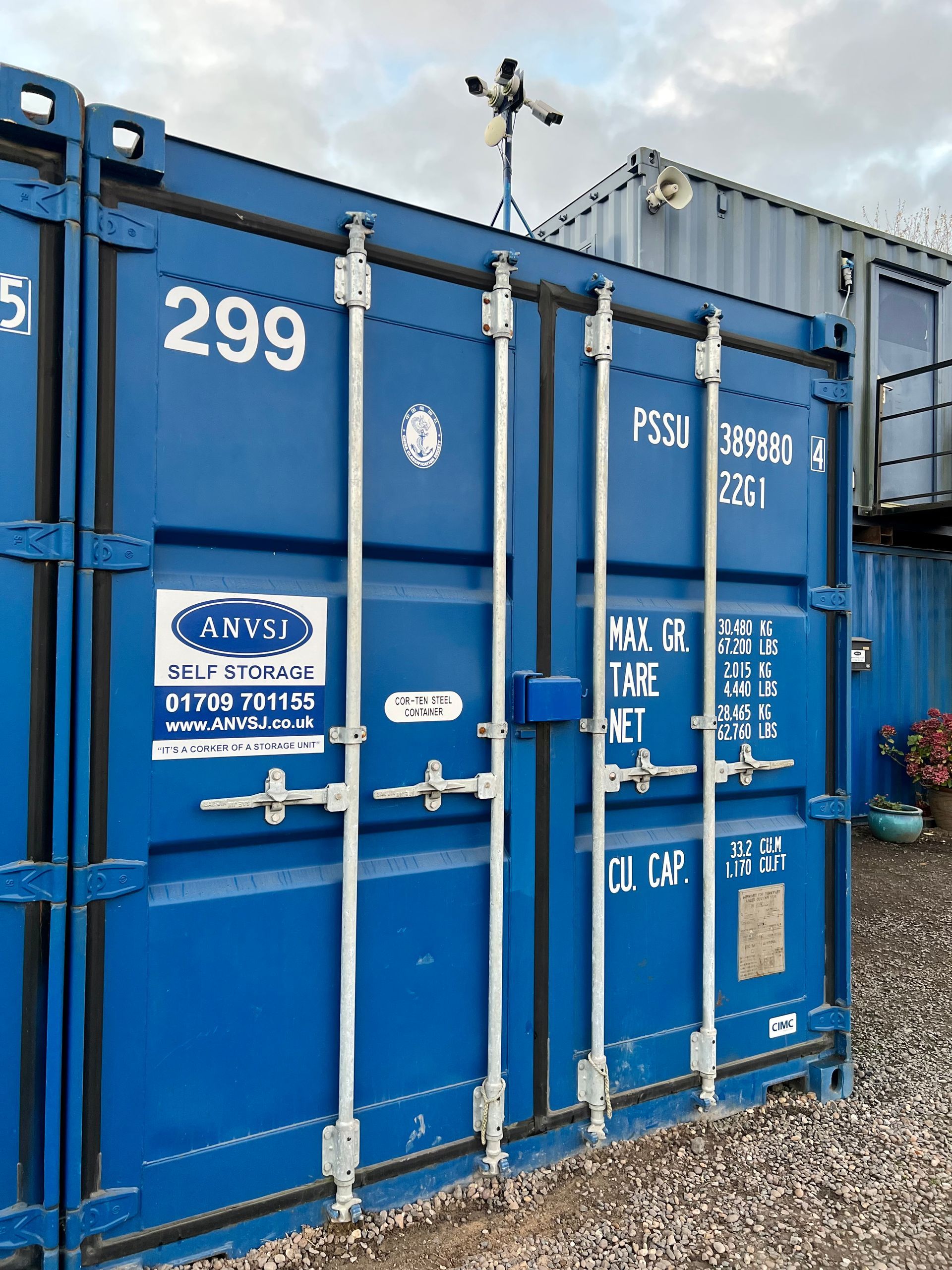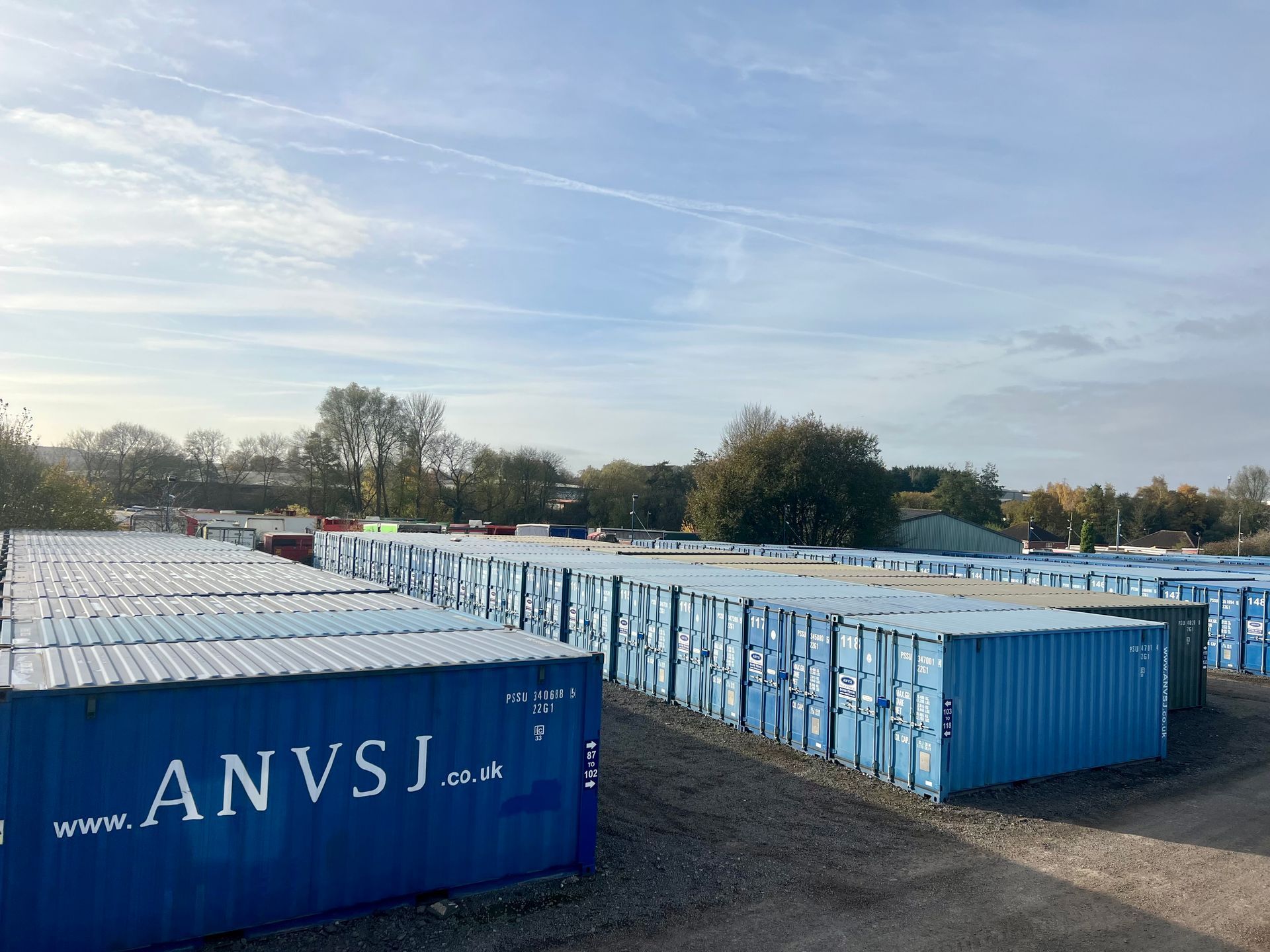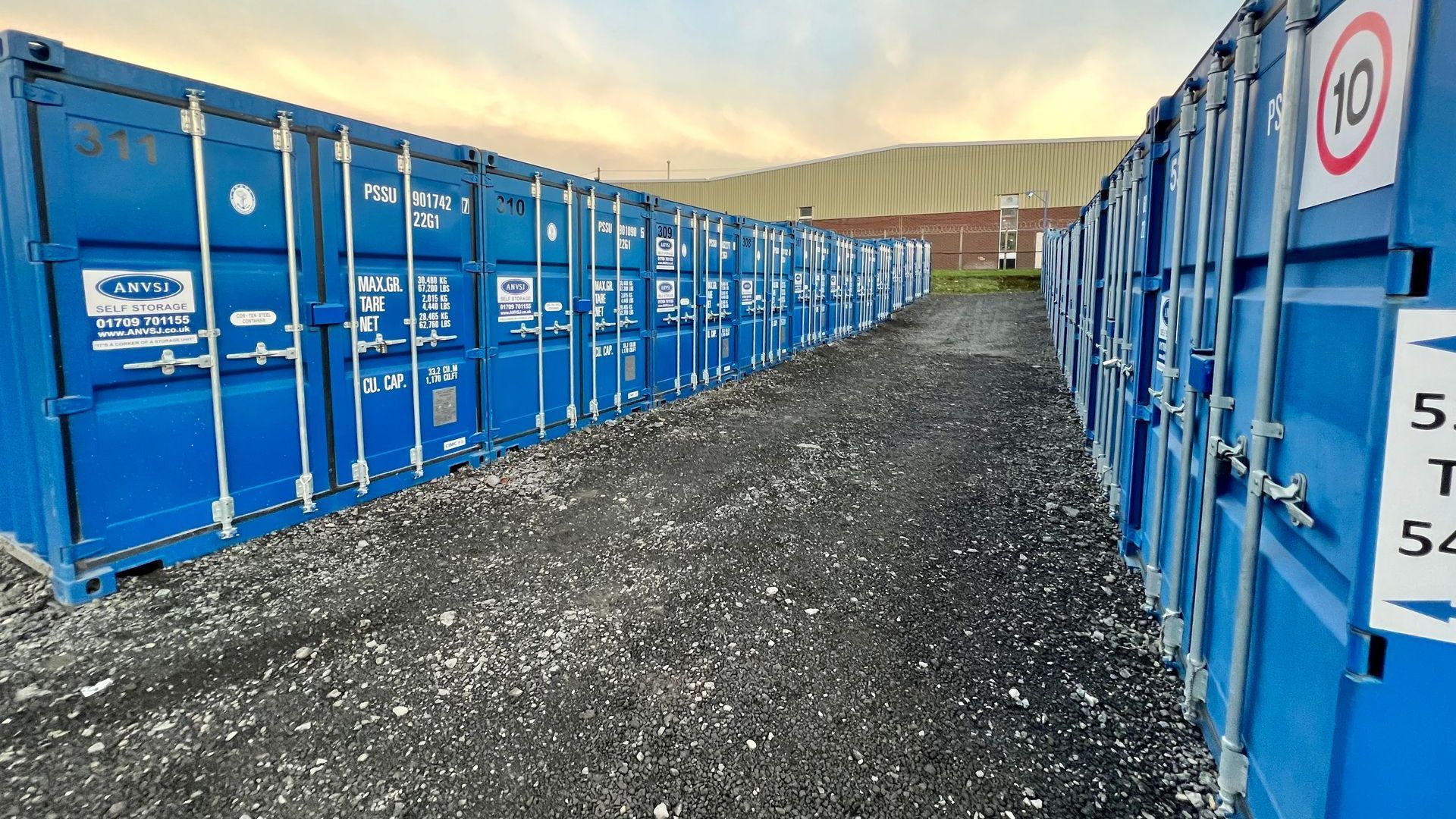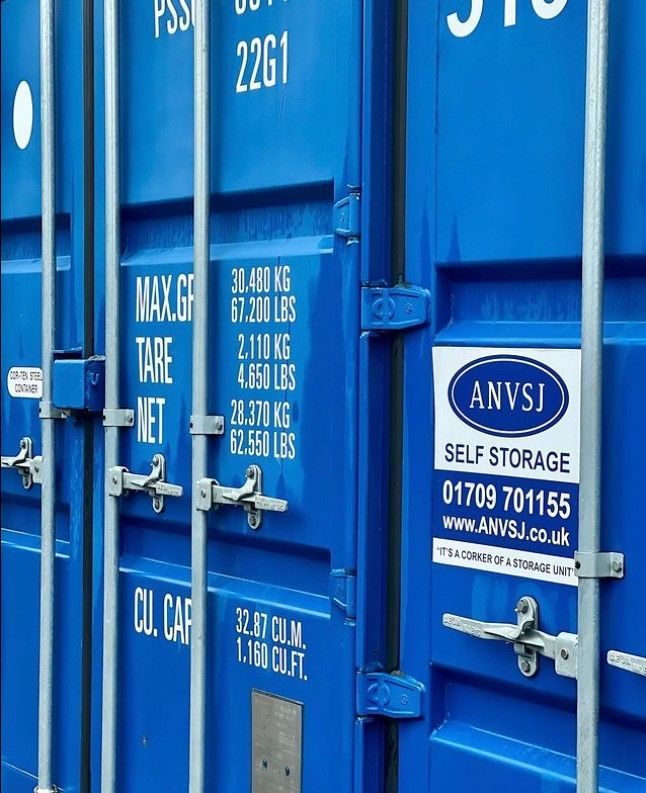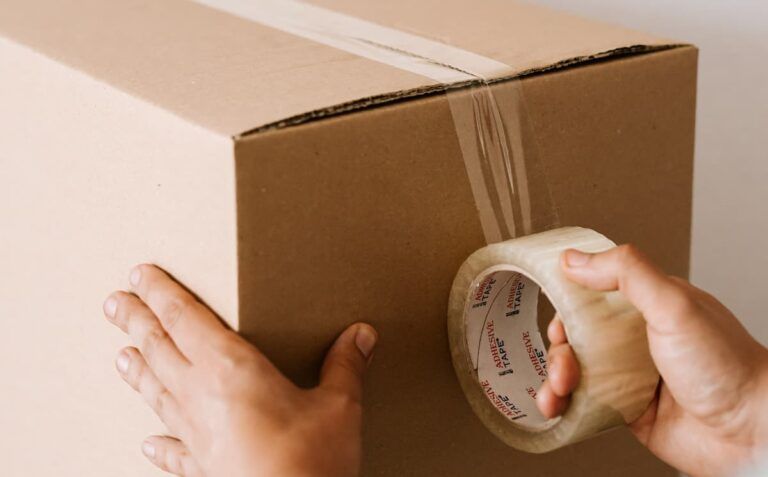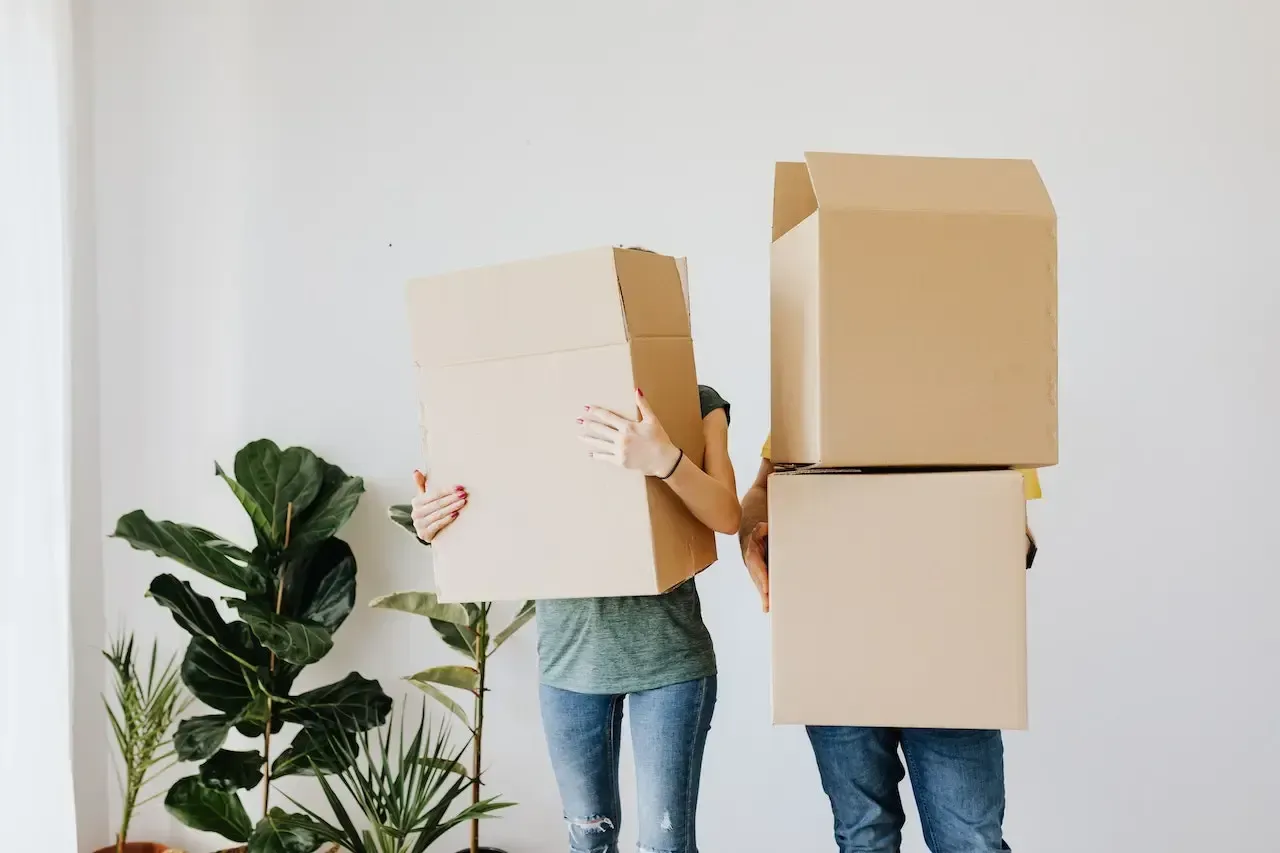Moving House Checklist
ANVSJ have created the ultimate moving house checklist for you to go through. This hopefully should remove the stress of the unknown, and you can look down the list and ensure everything has been ticked off.
Let’s face it, moving house is one of the most stressful things someone can do in their lifetime. The physical work of transporting possessions to a new place, and the mental challenge of ensuring all paperwork and admin are sorted, isn’t something you’d like to do every day.
To try and make your move as easy as possible, ANVSJ has created the ultimate moving house checklist for you to go through. This hopefully should remove the stress of the unknown, and you can look down the list and ensure everything has been ticked off.
Your moving house checklist
Everything included in the checklist is essential to most people’s moving process. There may be some items we’ve missed, as they don’t apply to everyone. However, these are the essentials that you must tick off to move house.
1. Research your move
Before taking a leap of faith and moving, you’ve got to do your research and ensure you’ve considered everything before moving house.
Everyone’s reasons for moving are different, you could be moving location for a work opportunity, moving into a house with more space if you’re a growing family, or moving into a smaller, more manageable home.
Whatever your reasons, it’s important to know why you’re moving, so you can sort a priority list of what you’re looking for in a new home.
Things to consider before moving
Here are some common things to consider or use in your filter when searching for a new home:
Location
- Is the new house local to a good school? Use Locrating’s School Map to help find the best schools in the area you’re moving to.
- How close is the property to local amenities that are important to you? Such as supermarkets, parks, pubs etc.
- Is the house close to your place of work, or close to somewhere you’re likely to find work?
- What are the transport links like? Is there a train station or bus stop nearby?
The property
- How many bedrooms/rooms are there?
- What’s the internet connection like in your area (important for working from home)?
- Do you need a garden or access to outdoor space?
- Is the home detached, semi-detached, terraced or a flat?
- Does the property need much work doing to it, and how much will it cost to ‘make it your own’?
2. Arrange a survey of your new property
Getting a survey of the property you’re looking to purchase will help you discover if there’s anything else that hasn’t been included in the description of the property.
A survey is an essential part of the property buying process and highlights potential issues such as:
- Property lines and borders – finding out exactly what land you will own when you purchase the property
- Easements – sharing access to your property, for example, you may need to share a drive with your neighbours that may not have been previously flagged
- Elevation – a survey may discover that the property you’re looking into could be in a high-risk flooding area
- Hazard areas – the property you’re looking into may be near a recognised issue, such as high levels of radon
3. Finalise contracts
As soon as you’ve agreed on a price for the property, completed your survey and all the paperwork, it’s time to finalise and exchange contracts.
Once contracts are exchanged, you’ll officially own the property and will be free to do what you wish with the land you now own.
This is potentially something you may need to discuss with the people who are moving out of the property you’re buying, as a property chain may hold back the completion of the sale.
4. Confirm your move-in date
As soon as you own the property, and you have the keys, you’ll have to decide what your move-in date is. Because, at this point, you have the keys and own the property, there isn’t a hard date you have to move in by. However, there are a few things to consider beforehand.
Are you in a chain?
If you’re in a chain, you might have a fixed date of when you need to move out of your existing property. Ideally, you might have a couple of days to do the moving process, you’ll be surprised at how much stuff you accumulate.
Assuming you only have the day to move from one house to the next, organising how you’re going to transport your belongings, especially large appliances and furniture, is key. As soon as you know your date, get something booked in – this could be movers, a van hire or renting a personal storage unit to keep some bigger things while you move.
If you are chain free
Being chain free makes the moving process a lot less stressful because there is less pressure to get everything moved in one day. Whether it’s moving from a rented property, or from your parents, having extra time to move in makes the process significantly easier.
It’ll give you time to make sure you haven’t missed anything, and in the case of renting, gives you time to clean and do any little touch-ups, so you can get your deposit back.
5. Let the right people and companies know you’re moving
When moving house, one thing that is important to get sorted as soon as possible is letting various providers and services change your address. There is always more than you think, and it can be easy to lose track of, so we’ve made a checklist to help make things easier to manage.
- Local council – council tax
- Your employer
- Your bank(s)
- Your utility providers – gas, electric, water
- Your phone and internet providers
- Your GP and dentist – if you’re moving to an entirely new area, you might have to find new ones
- The DVLA – driving licence, car tax
- TV Licensing
- HMRC
- Electoral roll – update your registration
- Royal Mail – Post redirection
- Any other insurance providers – pets, cars, travel
- Home insurance – whether this is moved or you get a new provider, make sure your new home is covered
- Any local services you might have a direct debit for, but will need to find a new one in your new area – gyms/leisure centres etc.
It’s also useful to know that some companies will let you make these changes ahead of your move, all they’ll need is your new address and the date that you want the changes to be in effect from. This can be very useful for things like your internet provider, which can avoid you having to go without internet for days/weeks after you’ve moved house.
6. Declutter your current property
As you start the process of packing up your old home, it gives you a good opportunity to declutter a little. Take the time to sort your things as you move and pack them. When you’re doing this, be sure to make a “not-taking” pile.
Moving can be physically intense, especially if you have to do it one day. Make your job slightly easier by getting rid of the stuff you don’t need or use any more. Trust us, you’ll be thankful when it means a few less boxes come moving day.
Don’t think you necessarily have to throw everything away either, depending on what it is and if it’s in good condition, you can donate some things to charity shops or sell them on platforms such as eBay or Facebook Marketplace.
7. Pack what you want to take with you
Label all your boxes!
Labelling all your boxes is the best way to organise your things during a move and helps to avoid rummaging through every box looking for one specific thing. It’s as simple as having designated and labelled boxes for each main room. An example of how you label them could be:
- Kitchen
- Living room
- Bedroom
- Bathroom
- Garage
- Dining room
Not every room will apply to your property, but it should give you an idea of what you should be doing. If you want to go the extra mile, you can also label what is in each box too, which can be useful if you have multiple boxes for a room. For example:
- Kitchen – plates, bowls mugs
- Kitchen – cutlery, toaster, kettle
Knowing where you have the necessities to make a cup of tea will be appreciated by you and any other people helping you move!
You can go one step further than this and use an app to track exactly what you have in each box, which makes it easy to see where things are quick. Read our The Best 10 Apps to Make Moving Easierblog post for more information.
8. Ensure you have the essentials for the first night
One thing to make sure you don’t miss off your house moving checklist is the essentials for the first night. After a long and tiring day of moving boxes and furniture, the last thing you will want is to then have to search through every box just so you can find the things you need for a shower.
Some of the things you’ll want to have easy access to are:
- Things needed for a shower – towel, shower gel, shampoo etc
- Other toiletries – toothpaste, hand soap, face wash, loo roll etc
- Tea & Coffee supplies – including mugs and a kettle
- Food for the first night/morning – pick something easy, no one wants to spend hours cooking after a day of moving
- A fresh change of clothes for the next day
- Anything you need for sleeping – duvet, pillows, nightwear etc
- Chargers for any phones/laptops
9. Clean, unpack & then relax!
So, now that you’ve prepped correctly, the next thing to do is to start the move! There’ll be a lot to do on moving day, so do your best and don’t worry if things are still in boxes for a couple of days.
Unpacking
The first things to move are the big pieces, things like your sofa, bed and fridge. With these out of the way, you can start unpacking your hopefully well-organised and labelled boxes. Start with priority rooms like the kitchen, bedrooms, and bathroom – the rooms that you’ll have to use throughout the day. You’ll appreciate being able to lie down in bed at the end of the day with no last-minute faff.
Remember, while it can be stressful, moving home is an exciting time in your life. So if you have to leave a few non-priority boxes to unpack the next day, that is perfectly fine.
Cleaning
While your new home is in a mostly empty state, it is the perfect time to make sure all the rooms are nice and clean. Even the tidiest of people will need to give the place a quick hoover, unpacking and moving always seems to make a bit of a mess – usually in the form of dust from things being moved around so much.
Relax
Now that you’ve finally moved in and unpacked, it’s time to relax! You’ve earned it.
Looking for somewhere to store your items whilst you move?
The process of moving house can be stressful, especially if you need to move everything in one day. A good way of relieving some of that pressure can be by renting a personal storage unit, to store some of your belongings ahead of time, then you can move them into your new house at your leisure. This can be particularly useful while you wait for any storage deliveries such as shelving, wardrobes or cupboards.
We offer a range of self-storage units which range in size from enough storage space for a 1-bedroom flat to enough storage for a 4-5 bedroom house. We have a range of locations across the country, so you’ll be sure to find a storage solution that suits you, starting from as little as £17.30 per week.
Frequently Asked Questions
- What are the essentials for moving house?
- A basic first aid kit – moving can cause small cuts and scrapes
- Toiletries – so you can have a shower and brush your teeth
- Loo roll and hand soap
- Charger for your phone/laptop
- A change of clothes
- Pillows and bedsheets
- Tea & Coffee supplies – including mugs and a kettle
- Food for the first night/morning – pick something easy, no one wants to spend hours cooking after a day of moving
How soon before moving should I start packing?
If possible, it is recommended to start the packing process as early as 6 weeks before. Initially, this will be made up of tasks such as decluttering and cleaning. By the 2 weeks before, you should start boxing up non-priority items that you can live without. Then, as you get closer to the moving day, start packing more priority things. Some things like bedding will need to be packed on the day.

